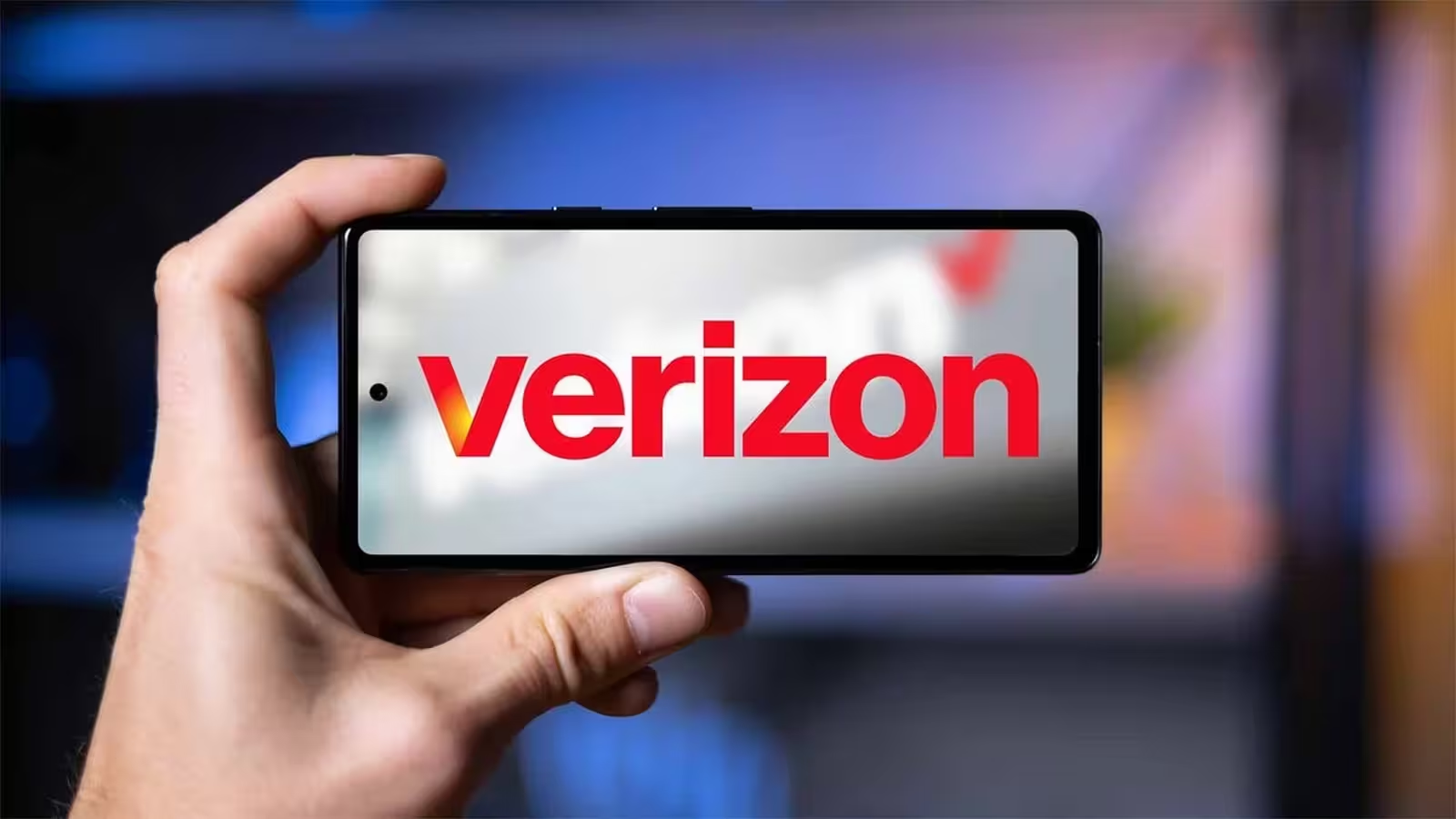4 Minutes
Verizon Signals Ongoing Job Cuts Amid Strategic Transformation
Verizon, one of the world’s leading telecommunications providers, has made it clear that further workforce reductions are on the horizon—a move that directly impacts employees and sends ripples across the industry. Following the company’s second quarter earnings release, CEO Hans Vestberg confirmed during a call with analysts that streamlining employee numbers remains an active strategy. Although he stopped short of sharing specific targets, the message was unambiguous: efficiency is the priority.
Operational Efficiency Hits New Highs
Verizon’s drive towards operational efficiency is backed by solid numbers. In 2012, the company’s workforce numbered around 183,000, supporting $116 billion in annual revenue from its mobile and fixed-line operations. Fast forward to 2024, and headcount has dropped to under 100,000, even as revenue climbed to $134.8 billion. According to data from Light Reading, Verizon now generates an impressive $1.35 million in revenue per employee, more than doubling the $631,000 figure from just over a decade ago.
This jump in productivity is the result of sustained cost-cutting initiatives, which were again emphasized by CFO Tony Skiadas: “We continue to take cost out, whether it’s AI, whether it’s network. Whether it’s IT platform consolidation or real estate, we’re continuing to push cost out of the business.”
Technology’s Role: AI and Platform Consolidation
A key factor in Verizon’s evolving workforce strategy is the adoption of artificial intelligence, automation, and advanced IT solutions. The company has recently begun integrating AI for network deployment, maintenance, and both customer and employee support. In its most recent annual report to the SEC, Verizon highlighted the transformative—but also risky—nature of AI: “There are technological, regulatory, ethical, and other risks involved in deploying and using AI, particularly generative AI models. There can be no assurance that the usage of AI will meaningfully enhance our products or services or be beneficial to our business, including our efficiency or profitability.”
While some may credit AI with enabling Verizon’s aggressive cost control, the carrier itself remains cautious, noting significant risks in having machines replace human workers in critical operations. Still, the mere presence of AI is enough to keep hiring plans in check.
Frontier Acquisition Sets Stage for Further Synergies
Another transformational move is Verizon’s pending $20 billion acquisition of broadband provider Frontier Communications. The company expects annual cost synergies of at least $500 million, largely driven by the elimination of duplicate roles and overlapping operations. While a portion of the layoffs will stem from Frontier—which already reduced its workforce by 29% in recent years—Verizon employees are eyeing the news with concern, wondering how deeply the next round of staff reductions will impact them.
Industry-Wide Downsizing Trends
Verizon is not alone in this strategy. U.S. telecom giant AT&T, for example, is on track to have eliminated 139,000 positions between 2017 and 2025, and Verizon itself has shed 84,000 jobs since 2012. Such moves signal a systemic shift in the telecom sector, with leading players moving towards leaner operations, optimized digital infrastructure, and smarter resource allocation.
Comparisons, Market Impact, and the Road Ahead
When stacked against its peers, Verizon demonstrates strong productivity metrics and technological adaptation. Its investment in network innovation, 5G expansion, and AI-driven solutions positions the company competitively for the future—even as workforce reductions remain a core component of its profitability strategy.
The question now is: will these aggressive cuts and digital transformations continue to drive growth? Investors and industry watchers will look to Verizon’s forthcoming earnings and integration success with Frontier to gauge whether efficiency gains can outweigh potential workforce morale issues and disruptions to service quality.
Key Advantages, Emerging Use Cases, and Future Outlook
Verizon’s relentless focus on efficiency delivers several strategic advantages:
- Accelerated Digital Transformation: Embracing AI and automation in network management and customer support promises faster service and reduced overhead.
- Competitive Edge: Cost reductions free up capital for 5G, fiber-optic, and new digital offerings.
- Scalable Operations: Once-integrated, the Frontier acquisition may unlock greater market coverage and product diversity for both consumer and enterprise segments.
Use cases for Verizon’s technology stack are broadening—ranging from ultra-reliable, low-latency 5G for autonomous vehicles and industrial IoT to smart city solutions. Yet, the company must carefully balance automation gains with the human touch, especially in customer-facing and complex support scenarios.
Conclusion: Will Efficiency Deliver Sustainable Growth?
Verizon’s workforce reductions and AI integration reflect a telecommunications industry in flux—pursuing speed and efficiency amid fierce competition and rapid digital innovation. As competitors AT&T and others pursue similar paths, the sector’s future may well hinge not just on cutting costs, but on delivering new value, superior user experiences, and long-term growth.
One thing is certain: telecom professionals and stakeholders worldwide will be watching Verizon’s next moves with keen interest as the company navigates the delicate balance between technological progress and human capital.
Source: phonearena



Comments